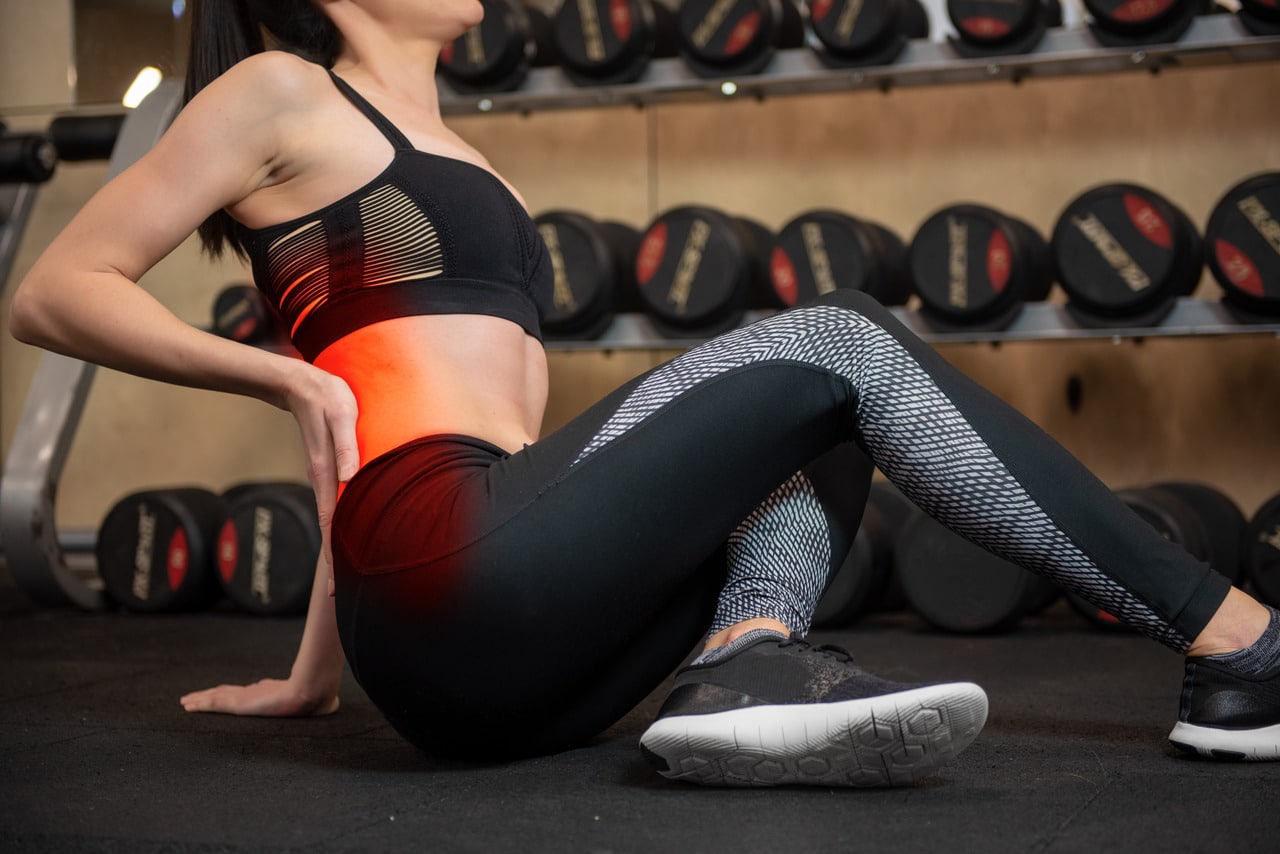Muscle cramps, or involuntary contractions of one or more muscles, can be quite uncomfortable. These cramps often affect muscle groups such as the muscles in the lower leg, back of the thigh, and front thigh. The most common symptom of a muscle cramp is sudden, acute pain that can last anywhere from a few seconds to 15 minutes. Sometimes, a bulging mass of muscular tissue may also accompany the cramp.
The exact causes of muscle cramps during or after exercise are still not fully understood, although issues with water and salt balance may play a role in some cases. Fatigued or overworked muscles are more prone to experiencing exercise-induced cramps. Muscle fatigue and how it affects the regulation of muscle contractions by nerves are often to blame for these cramps. In some cases, persistent abnormal spinal reflex activity triggered by fatigue in the affected muscles may also be a factor.
While muscle cramps are usually harmless and may not require medical attention, severe or prolonged cramps that do not respond to stretching should be evaluated by a doctor. It is important to rule out any underlying medical conditions that may be causing the cramps. Diagnostic tests such as blood tests to assess kidney and thyroid function, as well as levels of calcium and potassium, may be recommended. Additionally, electromyography (EMG) or imaging tests such as MRI scans may be used to evaluate muscle activity and detect any abnormalities.
In terms of treatment, using hot or cold compresses and stretching the affected muscle can help alleviate the pain associated with muscle cramps. Over-the-counter anti-inflammatory drugs like ibuprofen may also be used for pain relief. In cases where muscle cramps disrupt sleep, prescription muscle relaxants may be prescribed to address the issue.
To prevent muscle cramps, it is important to stay hydrated, especially during exercise. Monitoring the color of your urine can help determine if you are adequately hydrated. Replacing lost electrolytes such as sodium through sports drinks may be necessary for prolonged or intense exercise in hot conditions. Warming up and stretching before exercise, maintaining a healthy diet rich in carbohydrates, and consulting a sports nutrition expert if needed can also help prevent muscle cramps.
In conclusion, while muscle cramps may not pose a serious health threat, they can be bothersome and impact daily activities. Taking preventive measures such as proper hydration, warming up, and maintaining a balanced diet can help alleviate muscle cramps. If persistent muscle pain occurs, seeking medical advice is recommended to rule out any underlying issues.


